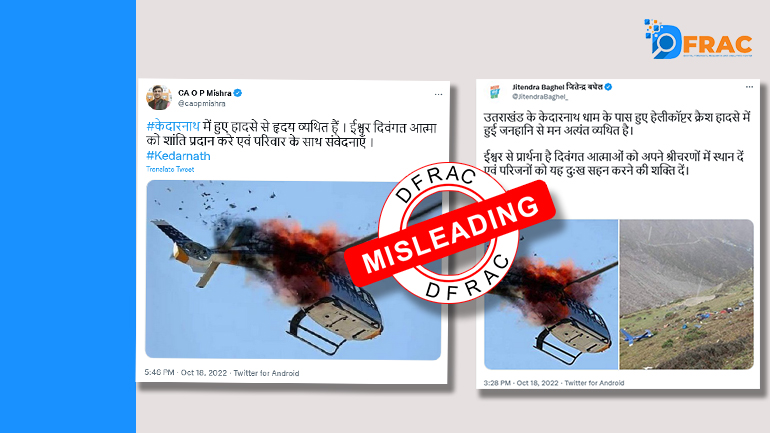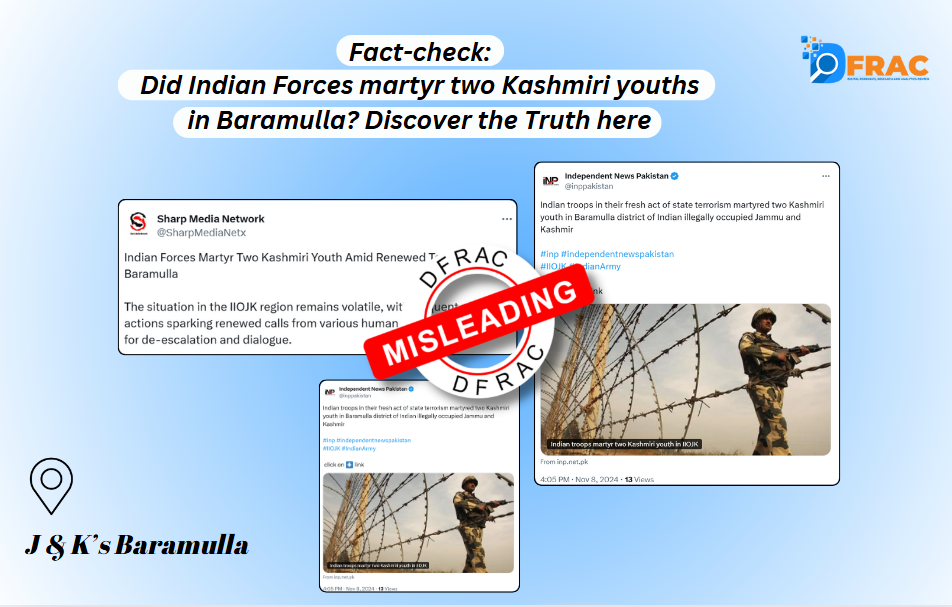One of the famous US news website reported this months that in December 2020, Russian state had apparently launched a cyberespionage attack on the U.S. software firm Solar Winds, giving hackers access to a mine of data on U.S. government and private company IP and personnel.
In March 2021, it also came to knowledge that Chinese state-affiliated criminal gangs hacked into thousands of private companies’ emails through Microsoft Exchange Server, gaining sensitive IP, legal and negotiation data. In May, 2021, Colonial Pipelines was successfully targeted by the non-state Russian hacking group DarkSide, out for monetary gain through ransomware. The Microsoft same time, reported that the Russian state-backed attacker behind Solar Winds had launched a new attack on government agencies and think tanks.
It been rumored strongly that Chinese have intruded electricity supply of some of the major Indian cities during the Galwan battle.
The another report from U.S. government and Crowd strike Intelligence Reporting concluded that China used IP theft from insiders, joint ventures, and forced technology transfer and cyber attack espionage to obtain the technical information it needed to copy the engine design. The report in its own word elaborate
The exact impact of the ongoing technology Cold War is difficult to assess but the list of examples from the very recent past is alarming and possess a serious threat not only for nation war machinery but also to the democracy and people’s freedom if gaining access of information and to the Intellectual property rights and economy. It can be as severe as we are fronting Covid epidemic for more than a year.
Think about a situation: A person losses the access to his own bank account, his money goes unknowingly to some others, someone’s email being used to trespass securities, a researcher losses his years taking invention, state comes and ban/limit the use of Internet, software, webpages, many things which a citizen claim as a fundamental right for his freedom, how it will be felt?
Articulation of intellectual property (IP) as a threat to national security is relatively new. The discourse that advances IP as a national security issue makes two important narrative moves. First, it blurs the lines between domestic economic innovation and the production of classified information. Second, it asserts that other states are responsible for the theft of IP, and not just hackers, criminals, and commercial enterprises.
A country Like India, which primarily never been have a strong system of its intellectual property and knowledge protection, unknowingly is at its biggest threat. The risk is as high; this may be the biggest transfer of wealth in a short period of time that the world has ever seen, as high in the battle and espionage that target technology, intellectual property, trade secrets, and proprietary information.
Our national security is also at risk in the potential loss of our technological edge, which is closely tied to the economic success and the well-being of our economy. India always talks about its service industry, knowledge based economy and the potential of innovation. This objectives is at risk in a fundamental way, because intellectual property is the basis, the foundation of our economy, we have paid price in past and if we put that at risk through weak security we are going to be pay for it for years. We need to understand that our knowledge is not an open system where it is shared for the sake of learning, poverty alleviation, or economic development, but instead, the one where knowledge is owned and controlled by industrial and state actors and its existence as a secret must be preserved and protected at all costs.
The securitization of IP should be of significant concern, and yet the academic literature on securitization studies may not acknowledge its importance because of the limited way in which that literature defines securitization.
The new principles of war are no longer using armed force to compel the enemy to submit to one’s will, but rather are using all means, including armed force or non-armed force, military and non-military, and lethal and non-lethal means to compel the enemy to accept one’s interests.
In unrestricted warfare, today, anything and everything can constitute a weapon of war. A computer can be a weapon, or a diplomatic alliance, a person, a news report or a business deal. Even cooperating with the enemy can be a method of defeating them; if they do not know what you are actually upto.
Our national security relies on our collective success at thwarting these persistent attacks. Every time our adversaries gain access to sensitive or classified information and technology, it jeopardizes the lives of our war fighters, since these adversaries can exploit the information and technology to develop countermeasures to our systems.
The question remains open, however, as to what the response should be, not only to possible cyber crime but also to cybersecurity more generally. We need to recognize that cyber espionage can equally be important as equal for preparation of the battlefield.
The danger is far large and can be not only from a competing nation but also from a non-state actor, who do not have any name and place.
Unfortunately, the concept of cyber warfare, cyber security etc. remains poorly understood and they dangerously create confusion over cyber-terrorism stems. Although the country has experienced thousands of cyber attacks in recent years, many are unknown; less have been marked to the level of cyber-terrorism.
Reason: The rhetoric on cyber-terrorism and explaining how it differs from cyber-attacks, cyber-warfare, hacktivism, and terrorists’ use of the Internet is not very clear. We have seen online threat from non-state terrorists (who sometime are state sponsored agencies itself) lies in their ability to exploit the Internet to raise funds, research targets, and recruit supporters rather than engage in cyber-terrorism. Cyber-terrorism is there but simultaneously its other forms like online crime, hacktivism, and cyber-warfare are more pressing virtual dangers are also present.
The peril is here and what are the counter measures we can have, let us see an example from US, which primarily be the biggest target from Iran, China and Russia. US punish hacker countries with Economic and Technological sanctions. In addition, they also use counter attack, for instance, U.S. Cyber Command, the arm of the military charged with defending the U.S. in cyberspace, cut off a key Russian agency’s internet access during the 2018 congressional midterm election. The U.S. has also sent military cybersecurity experts overseas to learn more about Russian, Chinese and Iranian capabilities. It is also possible that Cyber Command has secretly undertaken other responses. If we analyses none of these have dissuaded hackers from repeatedly targeting American firms and government agencies. Indeed, prior research confirms that the threat of formal sanctions has very little effect on deterring cyber attacks in lab settings.
Ignoring cyber attacks, of course, is not a solution either. Nevertheless, I believe the challenge is to determine how to make clear to the perpetrators those large-scale cyber intrusions are intolerable – and to do so without escalating the online conflict. I believe there is only one way to prepare – and it has to accept that hackers will keep trying to attack. The cybersecurity equivalent could be building and programming computer systems that can withstand faults, failures and hacking while still performing essential functions and protecting data security. The ultimate objective would be not to prevent systems from being breached, but to limit the damage and speed the recovery when they are broken into.





